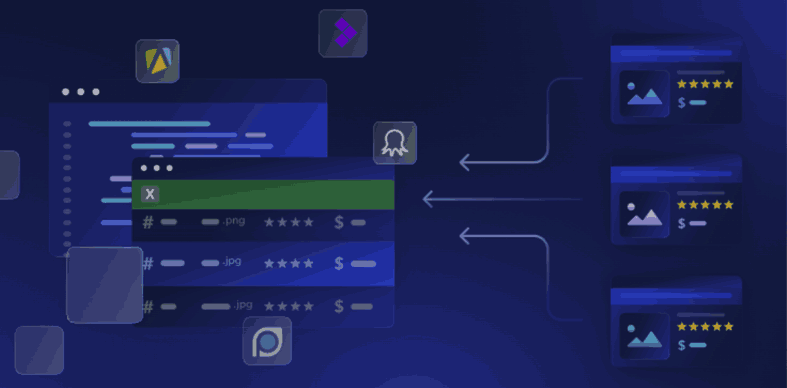After 20 years in marketing, I’ve seen search trends rise and fall—SEO hacks, social media waves, mobile-first pivots. But what’s happening right now feels bigger. ChatGPT is quietly redefining product discovery and reshaping the way consumers decide what to buy.
This isn’t a feature update. It’s a strategic inflection point for every brand competing in digital commerce.
ChatGPT Is the New Front Door to Commerce
For decades, brands optimized for Google: landing pages, paid ads, keywords. But today, search is becoming conversation. Consumers ask ChatGPT questions in natural language:
- “What’s the best entry-level pool robot under $300?”
- “Which restaurants near me are known for fast service?”
- “What headphones are reliable for frequent travelers?”
And here’s the shift: ChatGPT doesn’t rank results based on ad budgets. It curates answers based on authentic customer feedback, sentiment, and performance data.
In this AI-first ecosystem, every review, every survey, and every support ticket isn’t just a record—it’s a lever of visibility.
Why Customer Feedback Is Now SEO for ChatGPT
Think of ChatGPT as a customer-first search engine. If your brand hasn’t structured its feedback, you risk fading into invisibility. If you have, you’re positioned to win.
When a consumer asks ChatGPT, “What’s the best basketball shoe with strong ankle protection and explosive speed?” the answer is no longer a generic list of top-rated products but a response grounded in the actual content of customer reviews. ChatGPT reads the language customers use—comments about “superb ankle lock-in” or “explosive first-step speed”—and connects those signals to specific products while also comparing competitors that excel in similar areas.
This shift shows how AI now understands the attributes that truly matter to buyers, not just the number of stars on a page, and it underscores why brands need to capture and structure their feedback at a granular level.
Brands that thrive will:
- Capture omnichannel customer feedback (reviews, surveys, social, delivery apps)
- Use sentiment analysis and tagging systems to break feedback into actionable themes (service speed, product durability, pricing fairness)
- Act quickly to close the loop and demonstrate responsiveness
- Benchmark against competitors to ensure they’re not outpacing you
In short: in a ChatGPT-powered world, feedback is your new SEO.
How Octoparse CEM Powers ChatGPT-Era Product Discovery
At Octoparse CEM, we built our platform to help brands stay discoverable and competitive in this new environment. We turn unstructured customer data into structured, actionable intelligence that feeds directly into relevance-driven systems like ChatGPT.
Here’s how we do it:
- Omnichannel Data Integration – Unify reviews, surveys, support tickets, and social media comments into one hub.
- Customized Tagging System – Transform raw text into fine-grained insights: too salty, too cold, too slow.
- AI Reports on Demand – Ask ChatGPT-style questions—“What’s the top pain point by price segment?”—and instantly receive expert-level reports with charts, sentiment drivers, and competitive benchmarks.
- Closed-Loop Workflows – Negative sentiment triggers notifications, ticketing, and follow-ups so nothing slips through the cracks.
- Competitor Monitoring & Benchmarking – Track strengths and weaknesses against peers to inform smarter strategy.
The result? You don’t just listen. You act, improve, and stay visible when ChatGPT makes product recommendations.
Why This Is a Strategic Turning Point
Here’s what’s changing for every brand:
From keywords to insights: optimize customer feedback, not just SEO content.
From lagging reports to real-time CX: detect issues within hours, not weeks.
From ad spend to authenticity: ChatGPT rewards relevance and genuine customer experiences.
This isn’t about the future. It’s happening now.



